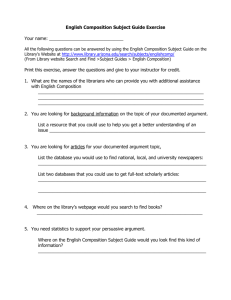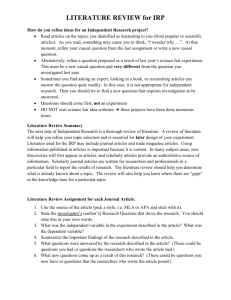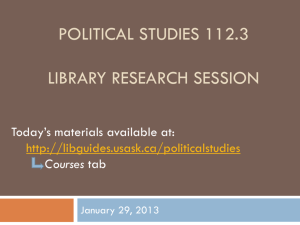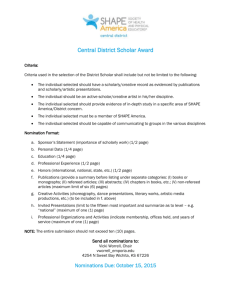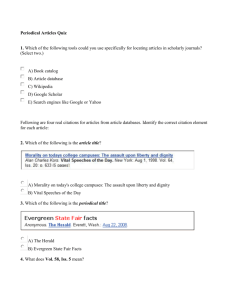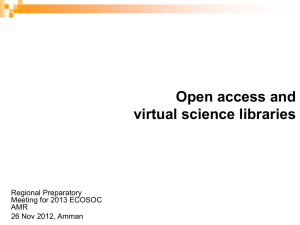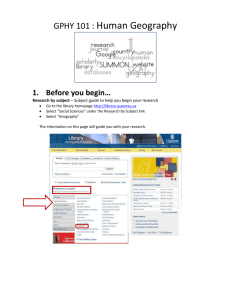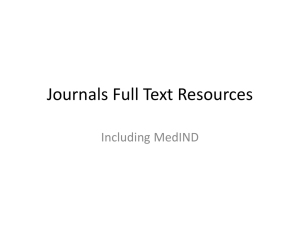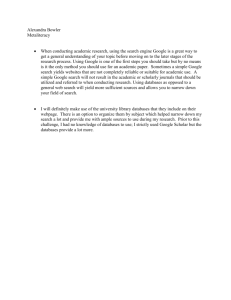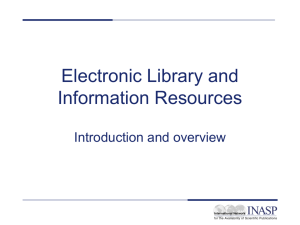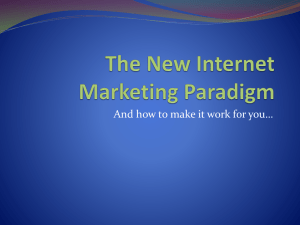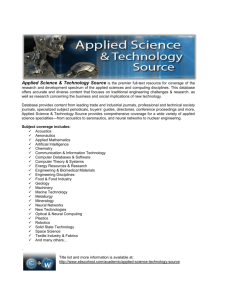Open Access means unrestricted online access to scholarly
advertisement
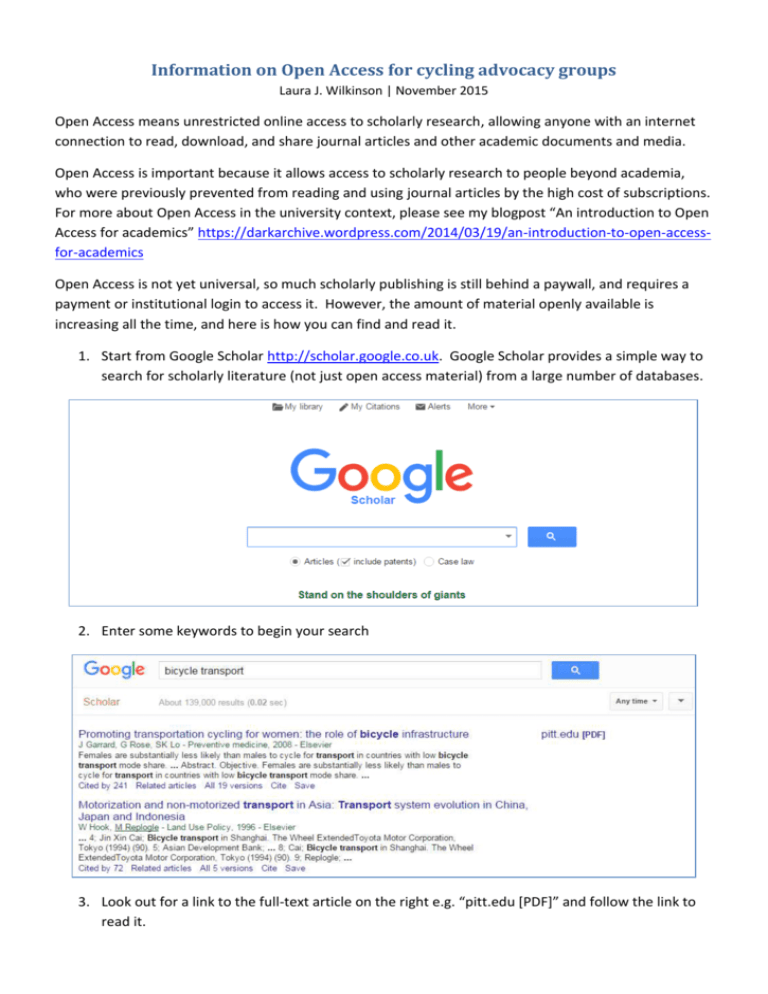
Information on Open Access for cycling advocacy groups Laura J. Wilkinson | November 2015 Open Access means unrestricted online access to scholarly research, allowing anyone with an internet connection to read, download, and share journal articles and other academic documents and media. Open Access is important because it allows access to scholarly research to people beyond academia, who were previously prevented from reading and using journal articles by the high cost of subscriptions. For more about Open Access in the university context, please see my blogpost “An introduction to Open Access for academics” https://darkarchive.wordpress.com/2014/03/19/an-introduction-to-open-accessfor-academics Open Access is not yet universal, so much scholarly publishing is still behind a paywall, and requires a payment or institutional login to access it. However, the amount of material openly available is increasing all the time, and here is how you can find and read it. 1. Start from Google Scholar http://scholar.google.co.uk. Google Scholar provides a simple way to search for scholarly literature (not just open access material) from a large number of databases. 2. Enter some keywords to begin your search 3. Look out for a link to the full-text article on the right e.g. “pitt.edu [PDF]” and follow the link to read it. 4. If you are a current member of a university, go to Google Scholar > Settings > Library links and search for your institution. Save this setting, and links will now appear next to articles for which you university has access through a library subscription – just follow the link and log in to read. What to do if there is no link to the document a) If there is no link, it means that you still need a subscription to read the article. You could try searching for the article title using any search engine, to see if the article is available anywhere else on the web. Use quotes to search for the title phrase, e.g. “Global sport mega‐events and the politics of mobility: the case of the London 2012 Olympics” 1 Citation in Google Scholar with no link to full-text 2 Search with title phrase in quotes 3 Match found in search results 4 Hurrah! You may download the PDF from this page! b) Another approach you can try is to contact the article’s author directly to ask if they would be willing to send you a copy. If you are seeking this information to directly support the work of your advocacy group, and have no university affiliation through which you could access the text, make this clear in your message. c) Most UK universities allow guest access to their libraries for members of the public with a legitimate research interest (this also applies to the six libraries of legal deposit: the British Library, Bodleian Libraries of the University of Oxford, Cambridge University Library, National Library of Scotland, Library of Trinity College Dublin, and the National Library of Wales). A modest fee may apply. This access will often be limited to their print journals, and not online access (this is because of the licences they must sign for access to electronic journals) but you may still find this useful. Check the website of your local university library for more information on walk-in access. Mention that you seek this access because of your advocacy work. d) If you are a graduate of a UK university, find out from the website of your alma mater if you are entitled to any alumni access to electronic journals. More Open Access resources DOAJ (Directory of Open Access Journals) - online directory that indexes and provides access to quality open access, peer-reviewed journals https://doaj.org CORE (COnnecting REpositories) - site which aggregates open access research outputs from repositories and journals and make them available to the public http://core.ac.uk/ Further reading: “An introduction to Open Access for academics” – an open access version of a book chapter I wrote https://darkarchive.wordpress.com/2014/03/19/an-introduction-to-openaccess-for-academics This work is licensed under a Creative Commons Attribution 4.0 International License This means that you are free to: Share — copy and redistribute the material in any medium or format Adapt — remix, transform, and build upon the material for any purpose, even commercially. Under the following terms: Attribution — You must give appropriate credit, provide a link to the license, and indicate if changes were made. You may do so in any reasonable manner, but not in any way that suggests the licensor endorses you or your use. No additional restrictions — You may not apply legal terms or technological measures that legally restrict others from doing anything the license permits.
